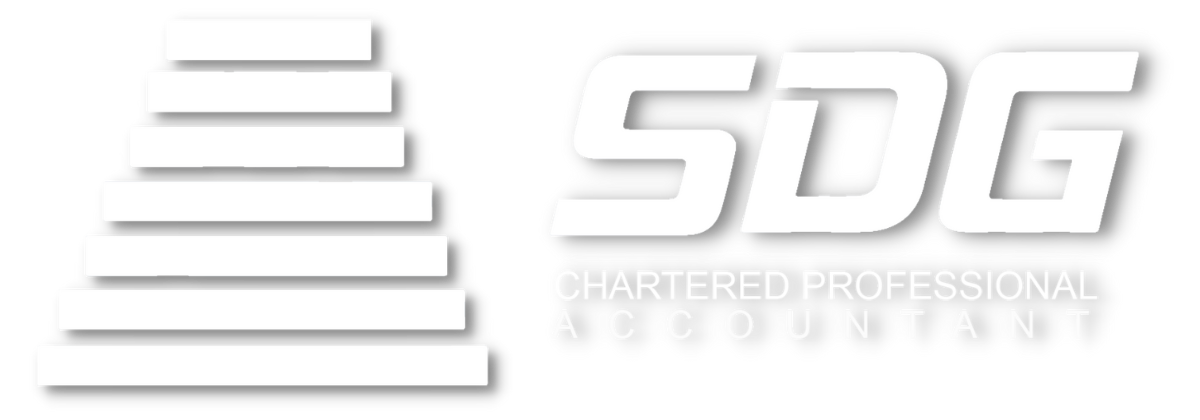
Due to recent investigations conducted by the Canada Revenue Agency on Valentine’s Day, 2018 (by no coincidence), this has resulted in the execution of 3 search warrants with respect to a number of offshore tax evasion relating to a leak of information by a Panama law firm. This has shed light on the extent and measures CRA is taking to crack down on individuals and entities looking to avoid paying tax.
As a lot of our clients are confused about the differences between these three, SDG Accountant has decided to write a blog on this subject to assist taxpayers in understanding how to distinguish between them while providing insight.
SDG Accountant has represented hundreds of clients with tax issues in the Greater Toronto Area and even international clients who have Canadian Tax interests. We represent them in dealing with the Canada Revenue Agency to assist in getting them the best possible result. This requires complying with Canadian Tax Law in order to avoid criminal and civil penalties. A voluntary disclosure program is a great tool for coming forward with unreported income or any tax-related matters that need to be corrected in a proactive manner (Not Reactive).
Tax Evasion
Canada Revenue Agency’s website defines tax evasion as the following:
“Tax Evasion typically involves deliberately ignoring a specific part of the law. For example, those participating in tax evasion may under-report taxable receipts or claim expenses that are non-deductible or overstated. They might also attempt to evade taxes nu wilfully refusing to comply with legislated reporting requirements. Tax Evasion, unlike tax avoidance, has criminal consequences. Tax Evaders face prosecution in criminal court.”
The above basically states if you are deliberately attempting to deceive tax-paying authorities, then that will be viewed as tax evasion. Notice the use of the word ‘deliberate.’ Although, usually the law does not usually shield ignorance or the misinformed, in this context it places emphasis on intent.
- Take a look at the severity of the crime, tax evasion, in the following example of an Ottawa-based dentist, Tania Kovaluk.
Criminal Tax Evasion EXAMPLE:
Ottawa, Ontario, October 19, 2016
On November 20, 2012, Kovaluk pled guilty to multiple counts related to income tax and GST evasion, and counseling others to participate in the Paradigm Education Group (Paradigm) tax protestor scheme which “educated” people on how to structure their affairs in a way to illegally avoid taxes She was sentenced to 2 years and 5 months in jail, and was fined $887,328, which was payable in full by June 30, 2014. Upon being released from jail, she made no attempt to pay her court-imposed fine.
Kovaluk deliberately omitted $2,578,987 in income she generated from 2003 to 2007, evading $721,617 in federal taxes. She endorsed the Paradigm scheme through seminars held in Ottawa and Toronto and counselled others to join the Paradigm program, including nine employees working at Kovaluk’s dental practice in Ontario. In addition to spending copious amounts of cash on personal luxury items such as art, jewelry, vacations, a home in Ottawa, and personal home furnishings, Kovaluk invested her money in offshore assets, including 2 villas in Costa Rica. Kovaluk transferred her ownership of these villas to third parties for no consideration, with the intention of avoiding payment of her court-imposed fine.
Subsequently, after already serving over 2 years in jail for tax evasion, CRA announced on October 17, 2016, Tania was sentenced in the Superior Court of Justice in Ottawa to an additional 5 years in jail for deliberately choosing not to pay the court-imposed fine for criminal tax evasion.
Tax Avoidance OR Tax Planning?
After considering the above and understanding that tax evasion involves deliberate attempts to omit income or write off disallowed expenses, one would believe that any sort of tax scenario that does not break the law should be classified as tax planning. Unfortunately, this is not always the case. Although there are tax strategies that although they do not break a law, they violate the “essence” of the law. Ethical concerns are raised with certain tax avoidance scenarios.
Although both Tax Planning & Tax Avoidance are both legal, there are differences.
Effective tax planning is encouraged and is in the spirit of the law. Examples include contributing to an (RRSP) Registered Retirement Savings Plan, (TFSA) Tax-Free Savings Account utilization, and writing off expenses incurred to earn business income (such as taking clients out for a meal to maintain an existing business relationship or create a new one).
Tax Avoidance is aggressive tax planning that although does not break the law, it goes against the essence and is borderline questionable. Examples of this may include, writing off personal clothing as business attire, claiming personal driving as business driving, writing off of family outings as client’s dinners, writing off of personal cell phone as used solely for business, and claiming an unreasonable payroll expense for a family member in order to reduce taxes owing from a family business. Anti-avoidance provisions are set up primarily to offset tax avoidance. General anti-avoidance rules were introduced in Canadian Courts in 1988, equipping CRA with tools to offset these aggressive tax planners.
–
This site provides general information on various tax issues and other matters. The information is not intended to constitute professional advice and may not be appropriate for a specific individual or fact situation. It is written by the author solely in their personal capacity and cannot be attributed to the accounting firm with which they are affiliated. It is not intended to constitute professional advice, and neither the author nor the firm with which the author is associated shall accept any liability in respect of any reliance on the information contained herein. Readers should always consult with their professional advisors in respect of their particular situation.
Sami Ghaith CPA, CGA
February 26, 2018

